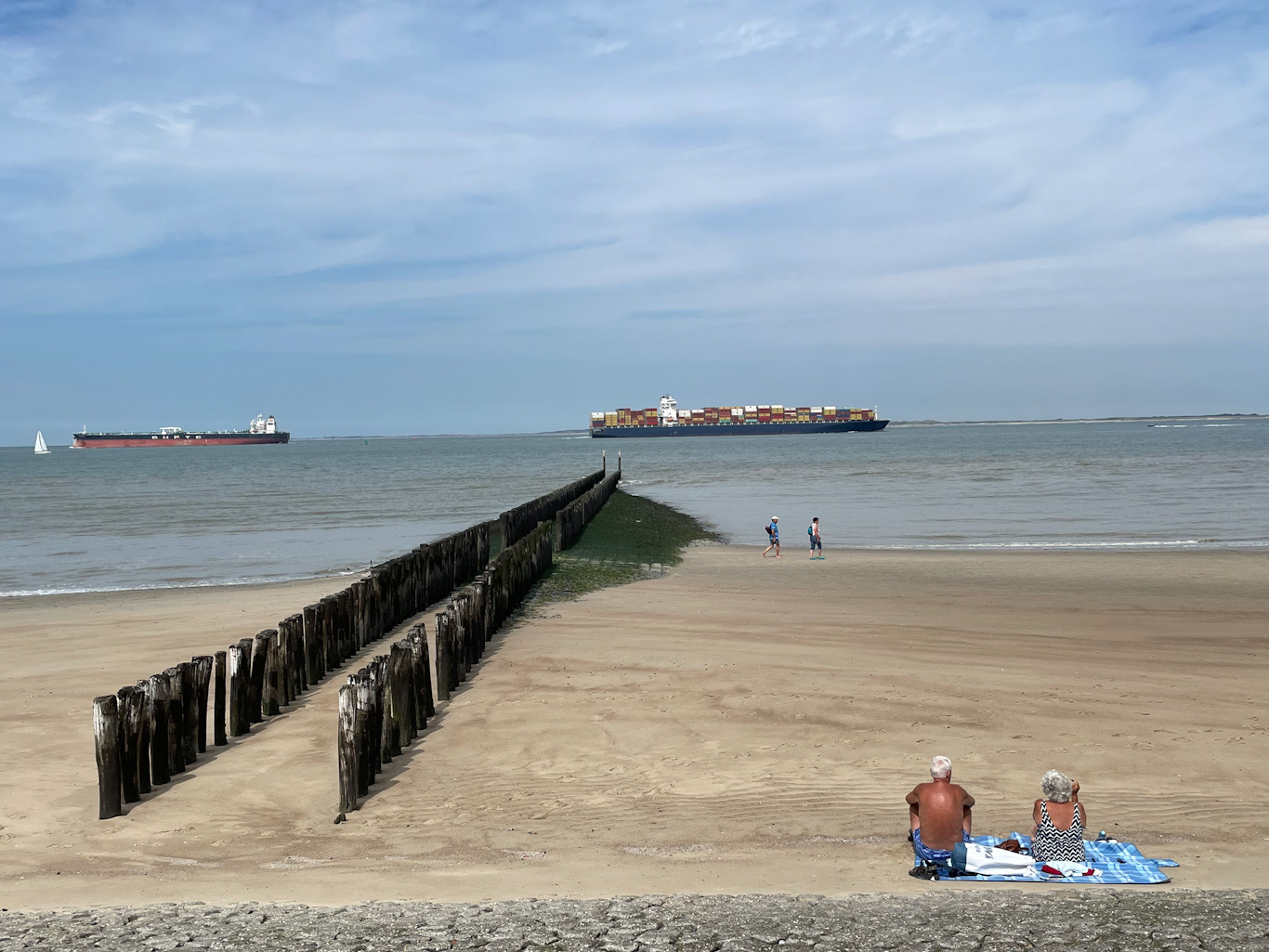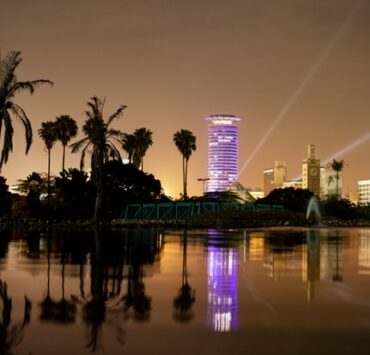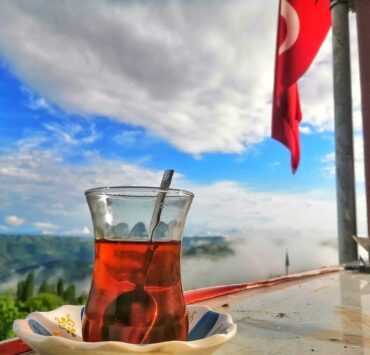Summer. This season brings out so many childhood memories of growing up in Marinduque, one of the 7,100 islands in the Philippines. Summer is one of the only two seasons in the Philippines, and it coincides with two months of school break. For kids, it means long days of not having to wake up early in the morning to go to school and evenings without homework.
For me, summer meant endlessly frolicking with friends in any body of water – sea, lakes, rivers, streams – baking in the scorching sun and not minding how brown my skin would turn. Summer was about doing more household chores, and learning to cook other than the obligatory rice, or selling homemade ice candies in the neighbourhood. Summer was helping my best friend man the corn fields so that the birds wouldn’t finish the season’s harvest, and cooking wild berries on empty sardine tins using real fire. Summer was harvest time, so we would roll on hays after the palay had been threshed, then fly kites in the big empty rice fields. Me and my friends would be picking wild berries and guavas that grew abundantly near the river. Summer was playing in the rain and rolling in mud during the first summer downpours.
This is the first summer school break of my daughter. As a Filipina expat mom, my idea of summer was to pass on the romantic image of my childhood summers to my kid. I pictured myself lounging on one of the beaches in Zeeland, under the warm sun, while my daughter happily would play with sand and water. I planned excursions for picking wild berries in the dunes or on one of those organic farms where kids are encouraged to discover farm life every summer. I imagined teaching my daughter how to fly a kite, and finally swimming in the sea, soaking myself in saltwater and hurting my eyes diving under. I was looking forward to a long break from work, especially after one and a year of restricting pandemic measures.
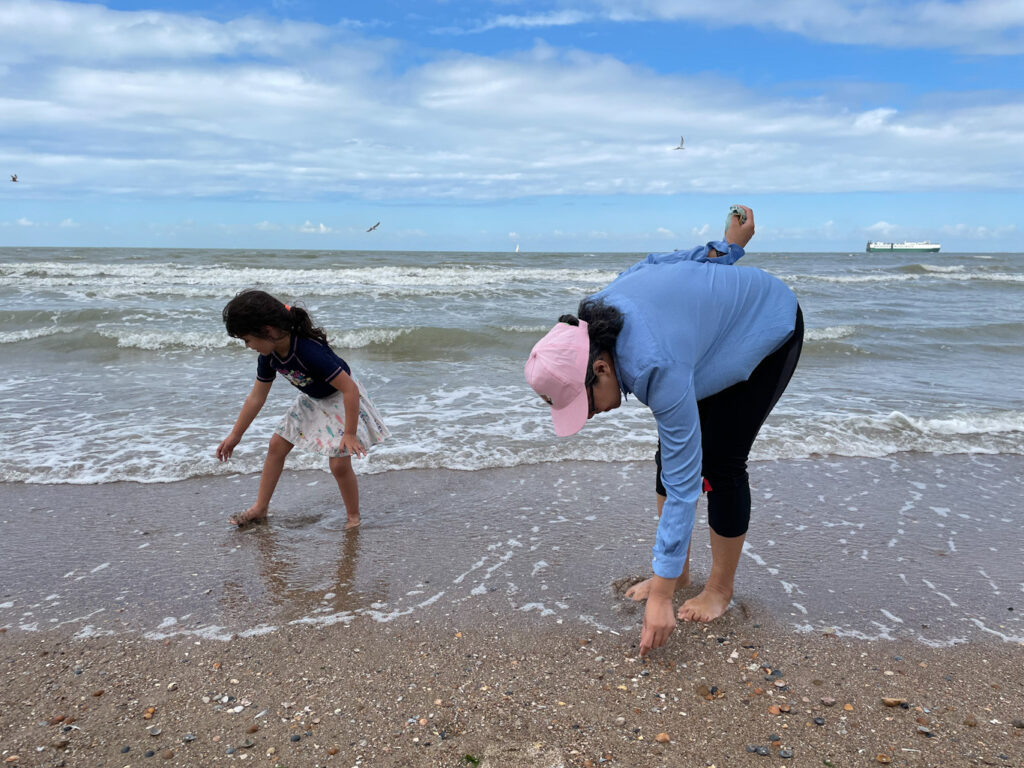
But summer in the Holland proved to be different. It did not become the Instagrammable summer of my childhood. The experiences and expectations of the summers of my youth remained happy memories that I could not recreate with my daughter.
As a Filipina expat mom, here are things I must get used to until my kid goes to university.
SUMMER WEATHER IN HOLLAND IS FICKLE
And when you get unlucky, like in 2021, summer is more like a warm Fall season, with temperatures not going above 22 degrees, bringing along storms and tropical rains. Sometimes you may even have to swap your bikinis for a winter coat if you want to spend the day at the beach.
YOU NEED TO PLAN YOUR SUMMER HOLIDAY IN SPRING
While rates are still affordable, you still have time to save up, and you might still get a better slot in the company’s vacation calendar. Depending on the region, summer vacation in the Netherlands starts on the 2nd week of July until the first week of September. Most of your colleagues will probably be asking for vacation leaves around the same period.
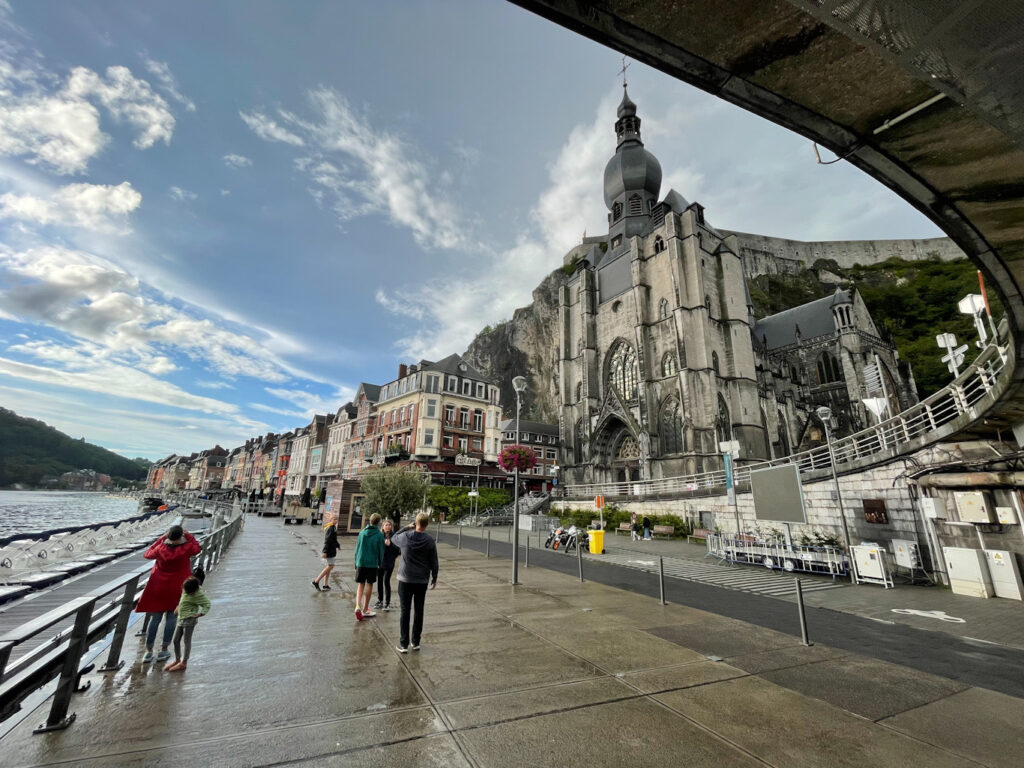
EUROPEANS GO ON HOLIDAY EN MASSE
Not just parents with school-going children but everybody. That means that the six weeks holidays would have to be divided equally among employees who want to take summer vacation to avoid disrupting the work dynamics. Some parents, like myself, end up getting a two-week vacation and if we’re lucky, three weeks.
IT’S EXTRA BUSY IN YOUR WORKPLACE
Because everyone has gone on vacation.
YOUR HOLIDAY DESTINATION WILL EITHER BE IN ITALY, GREECE, FRANCE, SPAIN
These are the most popular summer destinations in Europe because they are relatively cheaper compared to countries like the Netherlands, Germany, Norway, and other Scandinavian countries. And that’s where the warm beaches are.
OR AT HOME
Because you don’t want to spend a fortune, and you hate the crowd. Fortunately there are plenty of summer activities in the Netherlands for children and teens. They are organized by municipalities or youth organizations, and entrance fee are usually free or very affordable.
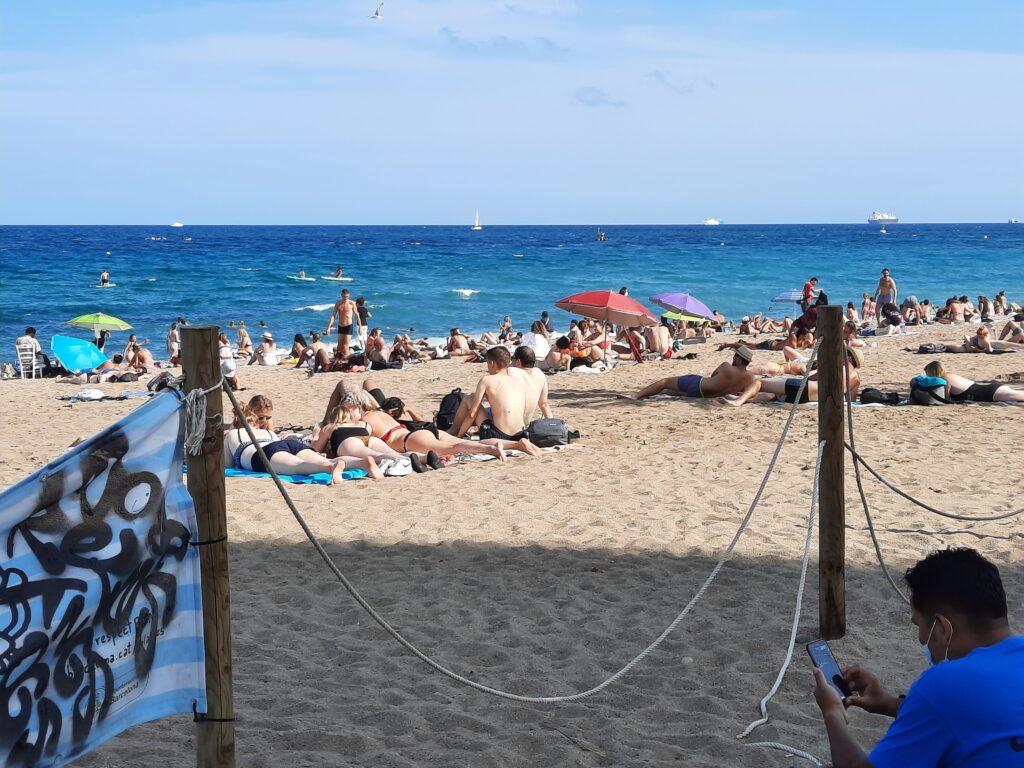
IT’S CROWDED EVERYWHERE
Forget the idyllic afternoon watching sunset on the beach. Chances are you willbe sharing the beach with thousands of people, many of them drunk, most of them parents with screaming and running children. You will be shoulder-to-shoulder with other people in museums, attraction parks and even nature parks.
IT’S EXPENSIVE EVERYWHERE
It doesn’t matter whether you go to France, Greece, Italy or Spain. The summer season is an expensive season to travel, from airfare tickets, can rentals, accommodations and food. Working class parents will need to save up the whole year to be able to afford three weeks of vacation in Europe. And if you’re a Filipino expat, you will probably be converting that savings in the Philippine pesos and wishing you could just fly to your island in the Philippines instead.
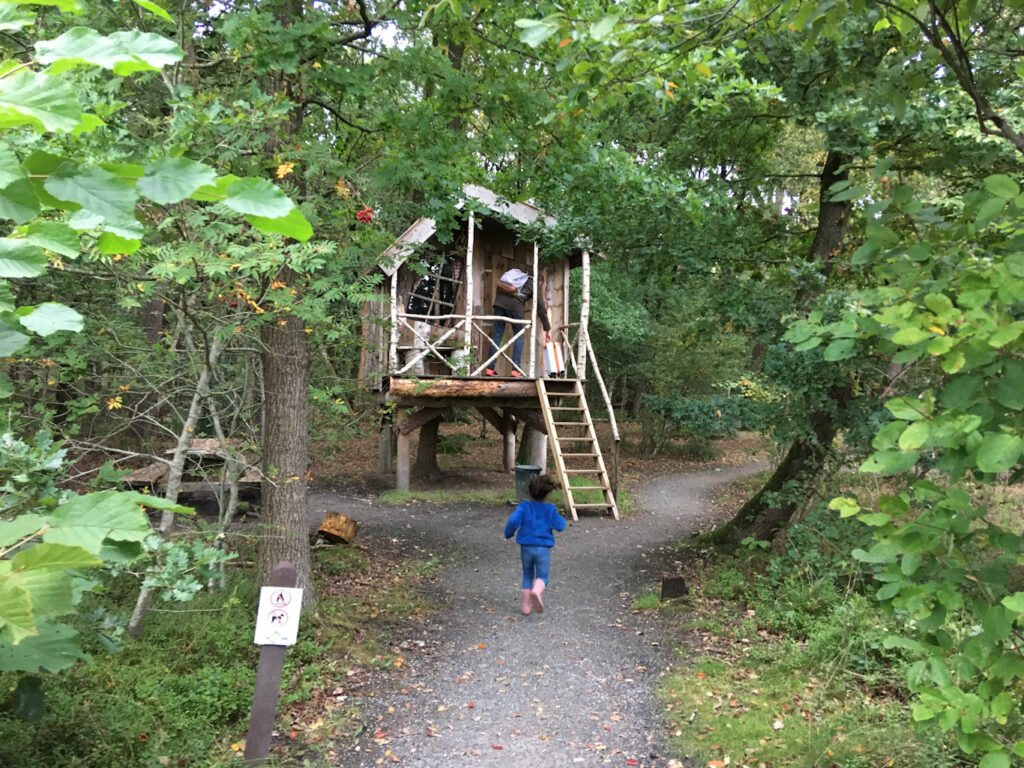
YOU’LL BE INTRODUCED TO CAMPING LIFE
The Dutch, Germans, and Belgians are crazy about camping. If you’re born in the Philippines, camping means staying in makeshift trapal tent or in someone’s bahay-kubo (nipa hut) without electricity or sanitary facility. Camping is a different experience in Europe. It usually means staying in one of the many camping sites, sprawling properties located near a body of water, a mountain, forest or any place near or surrounded by nature. You can choose from different types of accommodations, from tree houses, glamping tents to a mini version of your house, with shared sanitary facility or a luxurious chalet with its own toilet and bath. There will be ample parking area for campers, caravans and cars, and children sleep in easy-to-set up tents designed to withstand rain and wind. Camping sites in Europe will likely have a swimming pool and water slides in different sizes to accommodate different ages, a restaurant, a playground for the kids, and maybe even a mini golf for the adults. Unlike my primitive idea of camping, you won’t worry about shortage of food supply or use nature as a toilet because camping facility in Europe ensures you won’t need to.
YOU MIGHT BUMP INTO YOUR NEIGHBOUR ON YOUR HOLIDAY
The Netherlands is a very small country, and one of the most densely populated country in Europe. And we all tend to leave the country during the holiday season. So it is not surprising to bump into a neighbour or a co-parent in another European city during our vacations.
YOU WISH SUMMER TO BE OVER SOON
So that you can go back to your routine life and save up again for next year’s summer holiday.
My first summer experience as an expat parent might be slight different from parents who were born in Europe. Our summer vacation was only one week, we didn’t stay in a camping, and we didn’t drive to France or Spain because of the pandemic. But it was nontheless memorable. At least I was able to teach her how to fly a kite.

